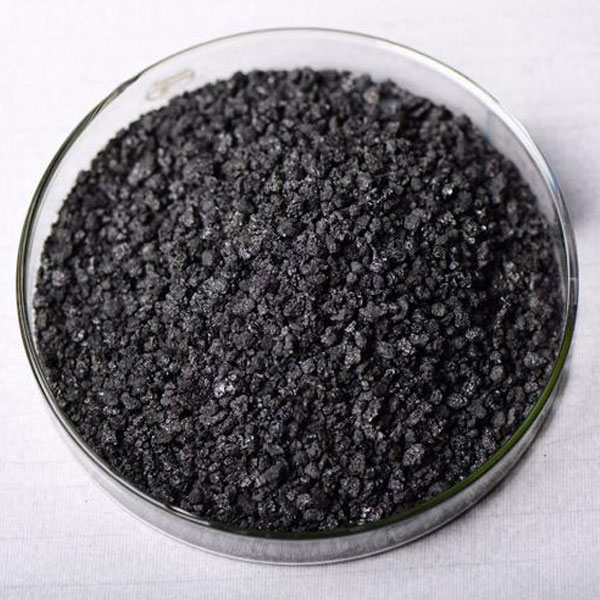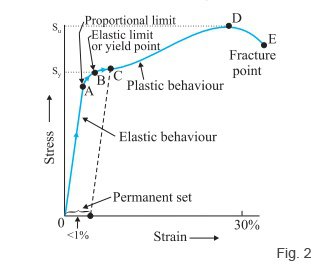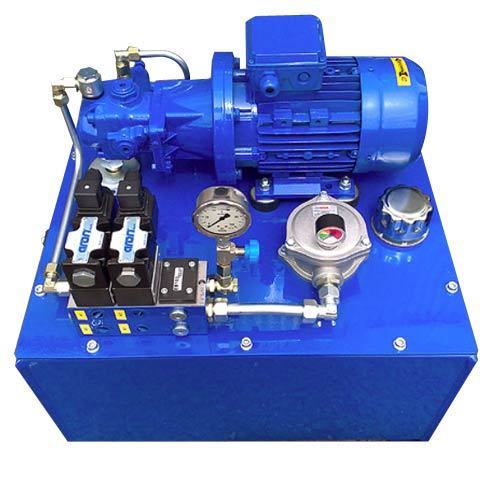Calcined Petroleum Coke (CPC) is an indispensable component in the steelmaking industry. Its primary function is to serve as a carbon additive, effectively increasing the carbon content of molten iron. This essential role not only helps to reduce impurities but also contributes to the overall enhancement of steel quality.
By introducing Calcined Petroleum Coke into the steelmaking process, several significant benefits are achieved. One of the key advantages is the removal of excess oxygen and sulfur, which can have detrimental effects on the final steel product. The heat generated by Calcined Petroleum Coke further facilitates this removal process, ensuring that the steel reaches the desired levels of purity and quality.
The utilization of Calcined Petroleum Coke in steelmaking is a well-established practice that has proven its effectiveness time and time again. Its ability to enhance the carbon content of molten iron, coupled with its heat-generating properties, makes it an invaluable tool in the production of high-quality steel.
In conclusion, Calcined Petroleum Coke plays a vital role in the steelmaking industry by improving the carbon content of molten iron, reducing impurities, and aiding in the removal of excess oxygen and sulfur. Its widespread use is a testament to its effectiveness and its contribution to the overall quality of steel production.
Calcined petroleum coke, a crucial component in various industries, can be categorized into three primary types: needle coke, sponge coke, and shot coke. Each type serves distinct purposes in different applications.
Needle coke, a high-quality form of calcined petroleum coke, finds its utility in the production of graphite electrodes. These electrodes play a vital role in industries such as steelmaking, electric arc furnaces, and other applications that require high electrical conductivity and thermal resistance.
Sponge coke, another variant of calcined petroleum coke, is primarily used in the manufacturing of anodes for aluminum smelting. Anodes, essential for the electrolytic process of extracting aluminum from bauxite, demand the unique properties of sponge coke. Its high carbon content and low impurities make it an ideal choice for this specific application.
Shot coke, the third type of calcined petroleum coke, serves as an efficient fuel source in cement kilns and power plants. With its high calorific value and low ash content, shot coke contributes to the energy requirements of these industrial processes. Its combustion properties make it a reliable and cost-effective fuel option.
By offering a range of specialized properties and applications, calcined petroleum coke plays a significant role in supporting diverse industries.
Calcined Petroleum Coke – Chemical Composition.
| GRADE | FC – ≥Min | S – ≤ Max | Ash – ≤ Max | Vm – ≤ Max | Moisture – ≤ Max |
| CPC – 1 Low – S | 98.5% | 0.3% | 0.5% | 0.5% | 0.5% |
| CPC – 2 Low – S | 98.5% | 0.5% | 0.5% | 0.5% | 0.5% |
| CPC – 3 High – S | 98.5% | 0.8% | 0.7% | 0.8% | 0.5% |
| CPC – 4 High – S | 98.5% | 1.2% | 0.7% | 0.8% | 0.5% |



